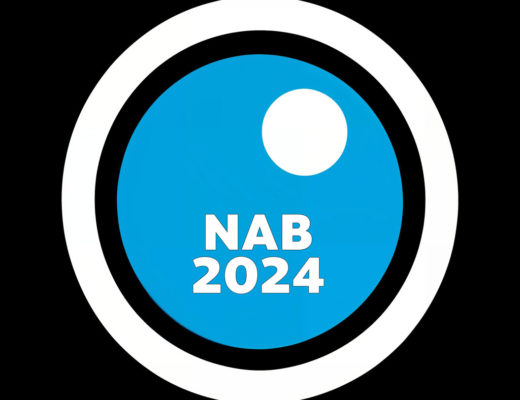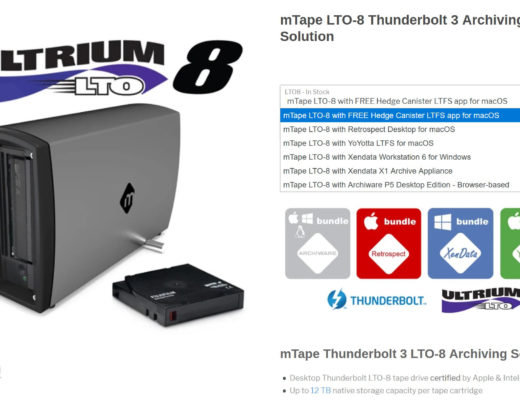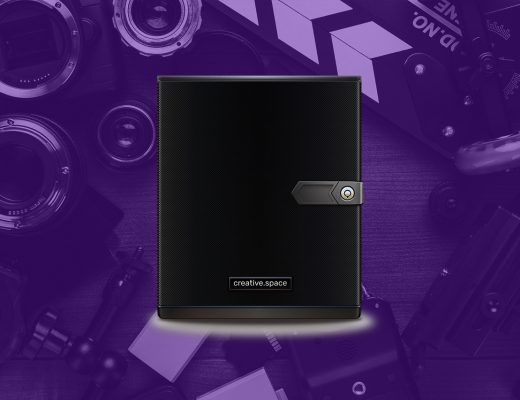CMIS: I was recently reminded that I wrote about thepublic introduction of CMIS around the same time last year. This was the time that IBM, Microsoft and EMC decided it was time to announce the Content Management Interoperability Services that they started October 2006 and release it to OASIS to become an official standard. At that time Alfresco was fortunate enough to have been involved in the process for the previous year before joining the original three, along with Open Text, BEA and SAP. For the year before that, IBM, Microsoft and EMC broke away from AIIM iECM committee to speed up a process that itself had been going since Autumn 2005. Much of the groundwork was laid with iECM and the parallel, but Java-focused JSR-283 committee. All in all, this will not be a fly-by-night standard, but a standard that has been carefully deliberated, considered and grounded in real world use cases.
This last year has seen the number of vendors participating increase substantially with plenty of beneficial results. We have had a few face to face meetings that have triggered some great collaboration in a very competitive industry. The number of eyes looking at the spec has increased, but so have the minds contributing new ideas and expertise. SAP presented real world requirements that needed security in the form of ACLs, so something that we had been willing to punt on before, we added in. Microsoft, IBM, SAP and other owners of search engines participated in a working group to define APIs to get changes to a repository to keep search indexing up to date. Also, Day and Nuxeo set up an Apache project to share Java API and SPI components along with Gabriele Columbro from Alfresco and our friends at SourceSense. David Caruana, Alfresco’s chief architect, contributed interfaces to handle renditions and specifically thumbnail previews.
More importantly, committee members were building real life implementations of the specification at each stage to really test its implementability and completeness. As Ethan Gur-esh from Microsoft once said, “I relish the fact that CMIS is retrospective.” It can work with existing repositories, not be overly prescriptive, but still describe a powerful content application platform. Regular plug-fests ensured that the systems interoperated with each other. This alone distinguishes it from all other content management standardization initiatives – real life integration matching the current state of the specification. Dave Caruana’s Java test harness, now in Chemistry, provided a tool for other vendors to test the completeness of their server implementations.
Continues @ http://newton.typepad.com
Related articles by Zemanta
- Content Management Interoperability Services (digitalassetmanagement.org.uk)

Filmtools
Filmmakers go-to destination for pre-production, production & post production equipment!
Shop Now
![CMIS one year on - soon in public review 3 Reblog this post [with Zemanta]](http://img.zemanta.com/reblog_c.png?x-id=b974703f-8e0c-4706-bc96-7e56f0f65aeb)












